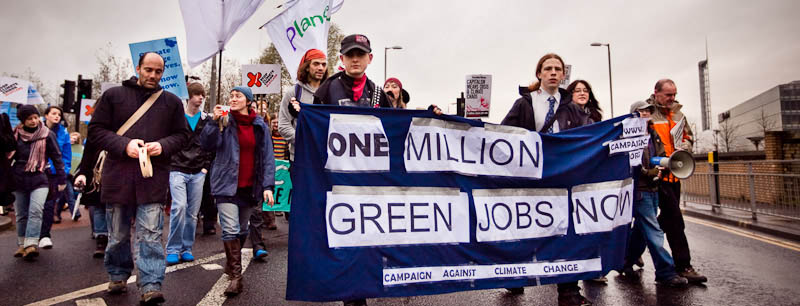Indicative figures for Europe’s 2014-2020 budget offer little hope of a green future for agricultural and regional spending, according to CEE Bankwatch Network and Friends of the Earth Europe.
The figures released today by the Cypriot presidency mean finding agreement at next month’s EU Summit on a 25 percent climate component across the EU budget is unlikely. Twenty-five percent of the EU budget for 2014-2020 dedicated to climate action would encourage even more investment in projects that benefit people and the environment according to the two organisations.
Markus Trilling, EU funds coordinator for Bankwatch and Friends of the Earth Europe, said: “The bargaining chips are starting to fall on the table, and it’s clear that future green spending is under threat, in part due to the clamour for overall EU budget cuts being voiced by some member states. But quantity does not equal quality in the EU budget negotiations. If quality spending finally becomes the focus of these budget discussions, Europe can still achieve 25 percent climate spending and make a huge stride forward in tackling its economic and environmental crises.”
The figures do not guarantee a greener future for Europe’s food and farming according to CEE Bankwatch and Friends of the Earth Europe. The €368 billion dedicated to European farming within the EU’s Common Agricultural Policy (CAP) is not conditioned on environmental practices.
Stanka Becheva, food and agriculture campaigner at Friends of the Earth Europe, said: “European citizens want to see farming that provides healthy food for consumers and truly protects the environment. Quality spending could promote fairer and greener farming practices, support sustainable family farms and increase the cultivation of local protein crops.”
A green EU budget would cut our greenhouse gas emissions, create millions of new green jobs and reduce fuel poverty, leaving European households better off by as much as €1,000 every year thanks to cheaper fuel bills, as well as offering a sustainable way out of the economic crisis.





